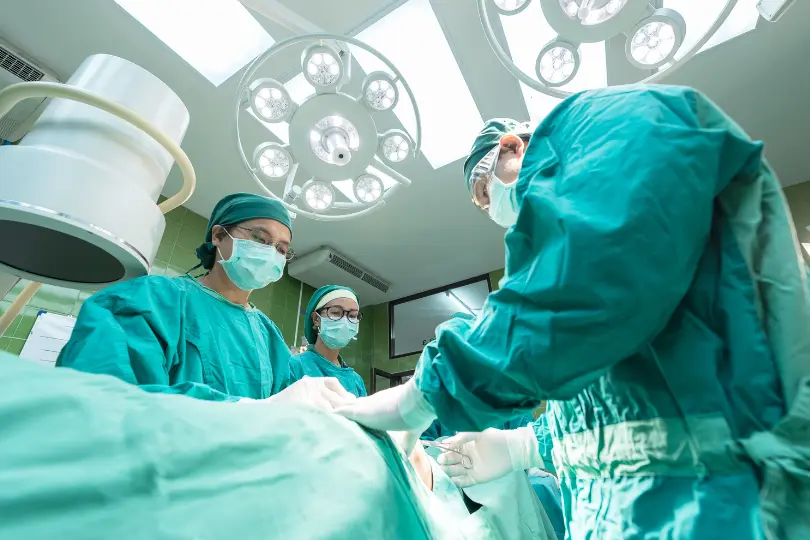
Cataract surgery is an essential technique for restoring clear vision when cataracts obscure the eye’s lens.
Everyone who has cataracts should be aware of this operation. Light sensitivity, fuzzy vision, and trouble seeing at night are all possible effects of cataracts. Thankfully, there is a secure and efficient solution: cataract surgery.
Everything You Need To Know About Cataract Surgery
Patients can use this resource to make educated decisions about their eye health by learning vital information regarding cataract surgery.
Signs and Prognosis:
Cataracts frequently cause hazy or cloudy vision, night blindness, and increased light and glare sensitivity. You might require greater light for tasks like reading because colors might appear faded. Other common symptoms include seeing double in one eye and having a halo around lights.
During a thorough eye exam, an eye doctor will do several tests to diagnose cataracts. A slit-lamp examination, which enables the physician to view the structures at the front of the eye, and a visual acuity test, which gauges how well you see at different distances, are commonly included in these exams. A retinal exam may also be performed to assess the condition of the retina.
Setting Up for a Cataract Operation:
Several essential steps are needed to ensure a smooth and effective course of cataract surgery treatment. To select the appropriate artificial lens, the physician will take measurements of the eye’s size and shape. It may be necessary for you to stop taking certain drugs because they raise your risk of bleeding.
You won’t be able to drive following the procedure, so you should also prepare for transportation. To lower the chance of infection, the doctor may prescribe eye drops before the procedure.
On the day of the procedure, you will be given precise instructions regarding what to eat and drink. It would be best if you went by these recommendations strictly to prevent difficulties.
The Process of Cataract Surgery:
During the procedure, a tiny incision is made in the eye to provide access to the clouded lens. By using ultrasonic waves, the lens is broken up into tiny pieces and carefully taken out of the eye.
The removed lens is then replaced with a synthetic lens. The doctor may need to review your particular case to gauge how long your cataract surgery will be.
Recuperation and Follow-Up:
Your vision may be fuzzy at first, but it usually clears up in a few days. Patients are usually prescribed eye drops to reduce inflammation and prevent infection. For a few weeks, it’s crucial to refrain from demanding tasks, heavy lifting, and bending over to prevent strain on the eye.
Use eye shields at night and safety glasses during the day to safeguard your eyes. A follow-up consultation with the physician is required to track the healing process and handle any issues. While most people heal fully in a few months, most can return to their regular activities quite quickly.
Hazards and Difficulties:
Cataract surgery has certain risks and potential problems, but mostly, it is safe and effective. Swelling, bleeding, and infection are examples of potential hazards. Retinal detachment, or the retina’s separation from its normal location, is a rare side effect of surgery.
Certain patients may have elevated intraocular pressure or acquire secondary cataracts, which are caused by gradual clouding of the membrane enclosing the implanted lens.
It’s imperative to follow all post-surgery instructions and attend follow-up appointments to address any issues as soon as possible. Even though problems are rare, knowing the risks aids in making well-informed surgical decisions.
Conclusion:
Regaining clean vision is a dependable outcome of cataract surgery. You can approach the surgery with confidence if you are aware of the symptoms, the diagnosis, and the preparation. The majority of patients report noticeably improved eyesight following the simple and usually short surgery.
For the best possible healing, proper recovery and aftercare are crucial. Despite a few possible risks, cataract surgery is generally safe and has a high success rate. For the best result, stay educated and heed your doctor’s advice.
About The Author:
Stacey Smith is a freelance health writer. She is passionate about writing about women’s health, dental health, diabetes, endocrinology, and nutrition. She provides in-depth features on the latest health news for medical clinics and health magazines.




